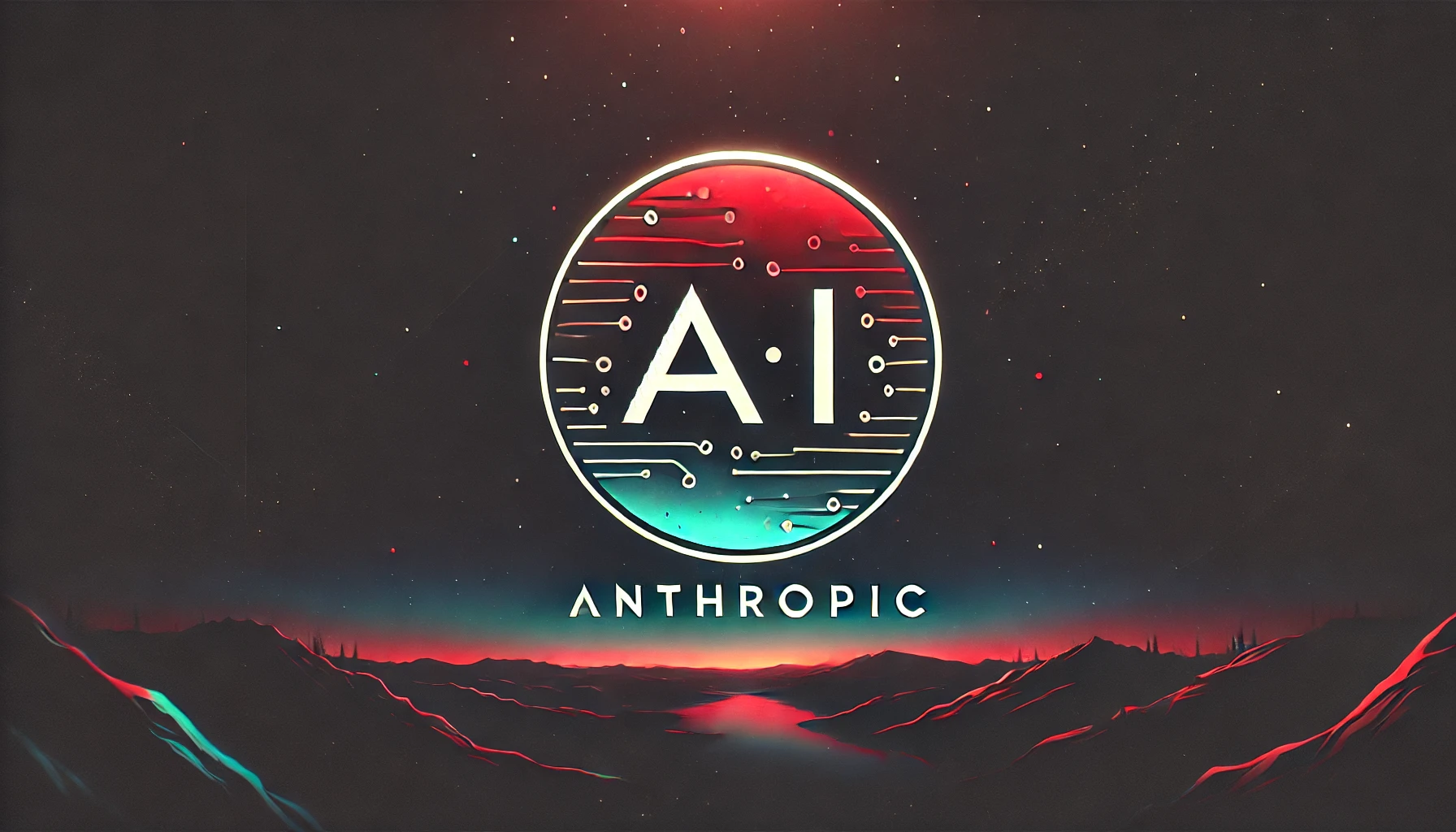Anthropic added prompt generation, testing, and evaluation to the Anthropic Console and gave its Artifacts feature some exciting new functionality.
If you considered a career as a prompt engineer then you may want to rethink those plans. AI application developers can now use Anthropic Console to craft expert prompts.
The quality of a prompt can significantly affect the results an AI model delivers. Instead of trying to get the prompt just right, developers can now simply explain their task and Claude will write the prompt for you.
If your application is intended to respond to user input, you can use Claude’s new test case generation feature to generate sample input instead of manually entering these to test the prompt.
The Evaluate feature allows for automated stress testing of the prompt so developers can be more confident their application is ready for deployment.
Over the last few months, people have been sharing prompt guides and hiring prompt engineers to get the most out of AI models.
With this new functionality, none of that matters anymore. Simply tell Claude what you want and it can generate an optimized prompt for you.
Share and remix Artifacts
When Anthropic launched Claude Sonnet 3.5 a few weeks ago it also unveiled the Artifacts window where users can run the generated output.
This could be a preview of how a website would look with generated HTML, a code snippet, or even interactive React components.
Now Artifacts allows users to publicly share their Artifact via a link. Clicking on the link runs the Artifact in a standalone browser window without needing to access claude.ai.
Only the Artifact itself is published. The surrounding conversation with Claude and any other context from your chat remains private.
The Remix feature allows you to build on and modify a shared Artifact. Clicking the “Remix this Artifact” button starts a new Claude conversation where you can modify and interact with the Artifact.
Artifacts made with Claude can now be published and shared.
You can also remix Artifacts shared by others. 🎨 https://t.co/AjARvS0TDo pic.twitter.com/d7D0n96tfr
— Anthropic (@AnthropicAI) July 9, 2024
Users are already using the feature in interesting ways. The ability to create interactive educational content and easily share it could change the way teachers create content for students.
Here’s an example of how course material in PDF format can be turned into a quiz.
Anthropic just announced Claude‘s Artifacts can be published online.
This just changed online education forever.
Every single piece of content, screenshot, PDF, presentation, etc., can now be turned into an interactive learning game.
Here’s a basic example:
1. Imported an… pic.twitter.com/2LYPcZGBFD
— Rowan Cheung (@rowancheung) July 9, 2024
Ethan Mollick shared an example of how Claude can generate an interactive Artifact to simulate startup funding concepts.
Claude 3.5’s artifacts, now shareable, can help teach.
In class, startup financing can be hard to explain, now I just asked “create an interactive simulation that visually explains payoff differences for a startup and VC with liquidation preferences…” https://t.co/4dF1CZNVxu pic.twitter.com/riS2TyHRh7
— Ethan Mollick (@emollick) July 9, 2024
The Artifacts feature is available on free Claude accounts but you’ll hit the use limit pretty quickly.
With Claude Sonnet 3.5 outperforming GPT-4o and Claude Opus 3.5 on the horizon, the Artifacts feature makes it difficult to justify paying for ChatGPT.
How will OpenAI respond to hang onto its paying users?





